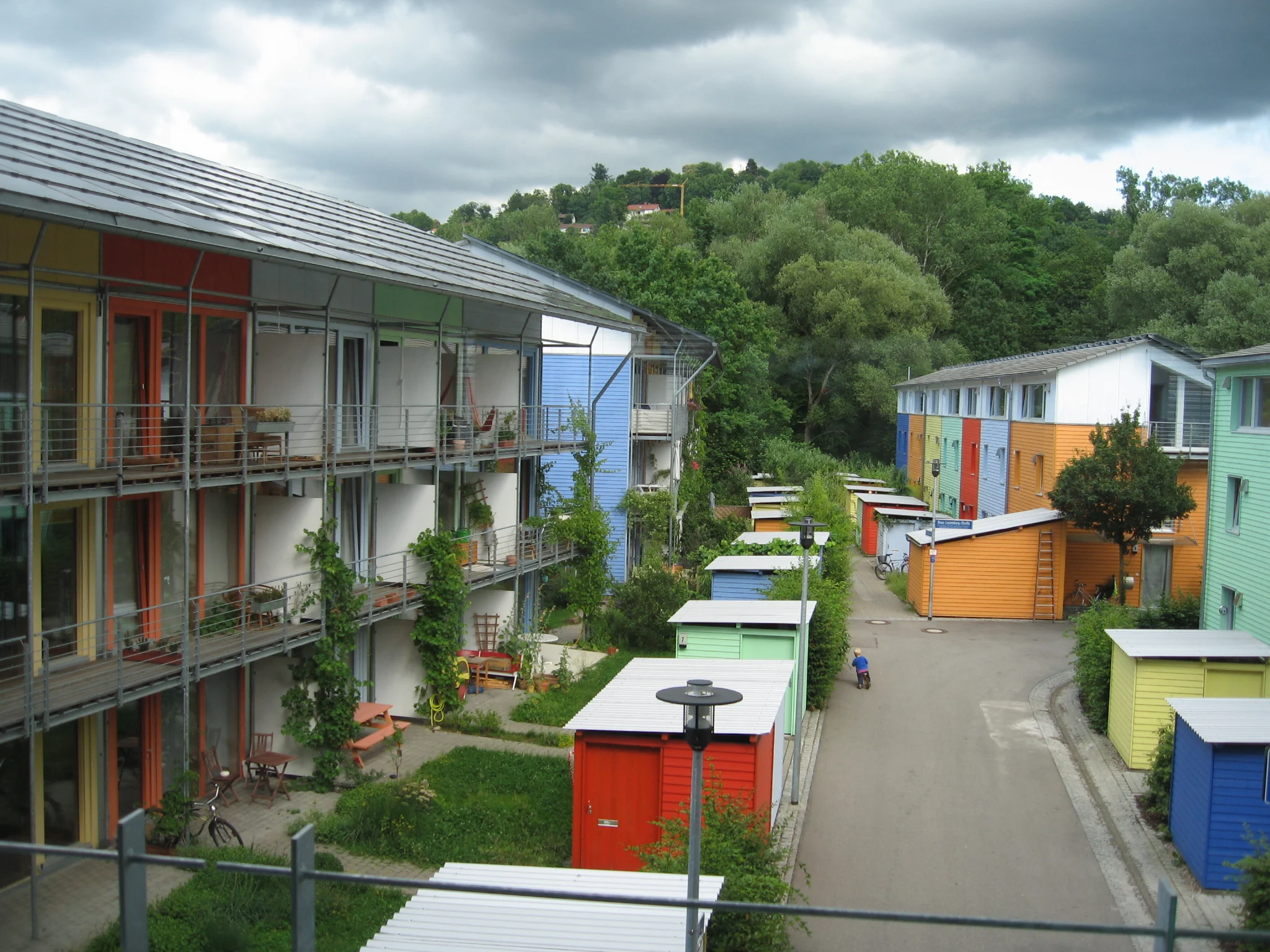Sometimes, cities say that they’re taking an incremental approach when they’re really just breaking a master plan down into steps. This method lacks the creative, bottom-up nature that makes incremental development so resilient, tricking people into believing they’re making their city stronger when they’re really not.
Read MoreMany cities try to improve their downtowns through master plans, hoping that grand projects will draw residents and customers into the city core. But this often fails because truly strong, attractive downtowns form through incremental development.
Read MoreThis organization is suing their local government over an insolvent, master-planned development in Collier County, Florida.
Read MoreSurprise, surprise: Americans love dense, walkable places connected to a sense of history.
Read MoreLet’s talk about master developers and how all-at-once, large-scale development doesn’t offer the environment in which resilient economic ecosystems emerge.
Read MoreOur preference for the incremental, iterative, and bottom-up is well-known. But does that mean there is no room for big dreams and master plans?
Read MoreThe problem with new American suburbs isn’t a "lack of planning" or “uncontrolled growth” or “inadequate infrastructure.” The problem is a lack of basic financial solvency.
Read MoreWe all know the pitfalls of master-planned communities, right? Sterile. Homogenous. Certainly not adaptable or resilient over time. Is there a way around it? Maybe, if this fascinating case study from Germany has anything to teach us. And it all starts with one word: Baugruppen.
Read MoreYour Strong Towns Knowledge Base question of the week, answered here.
Read More








